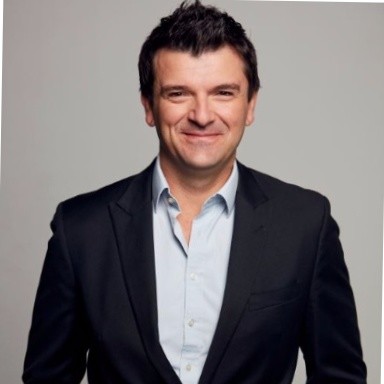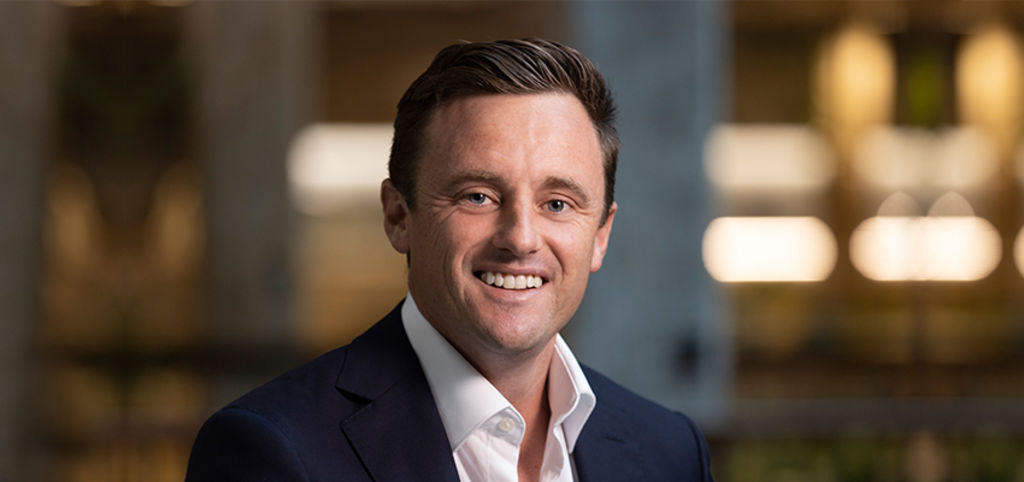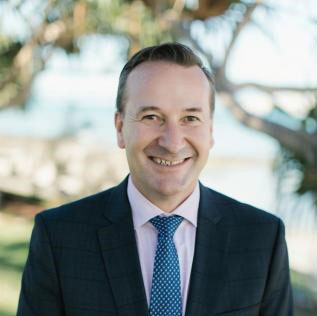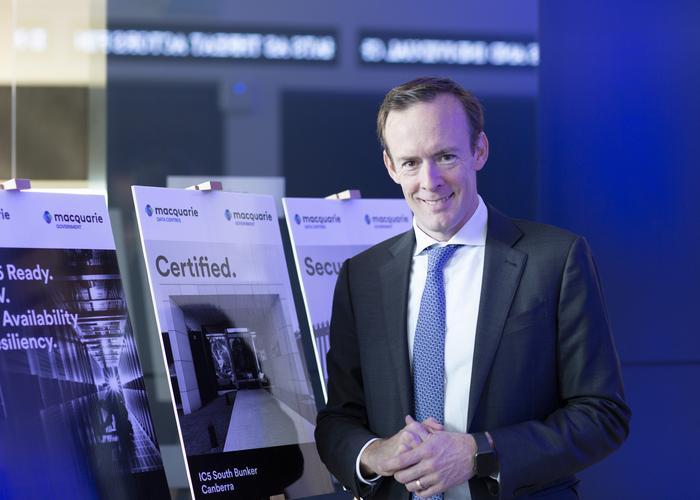Freshworks puts the art into artificial intelligence
By Leon Gettler, Talking Business >>
ARTIFICIAL INTELLIGENCE (AI) has the scope to completely revolutionise the workplace and customer relations.
This AI-assisted approach is being pioneered by Freshworks, a software company that provides services for customer-facing solutions and employee solutions.
For customer facing solutions, Freshworks provides customer support as well as salesforce and marketing automation – all integrated into a single unified suite. For employees, it has ITSM (IT service management) and ESM (enterprise software management) solutions which are suitable for employee self-service functions, allowing them to monitor their applications.
Prakash Ramamurthy, chief product officer at Freshworks said the company provides its clients with AI that is easy to use.
For example, AI can help agents dealing with customers. 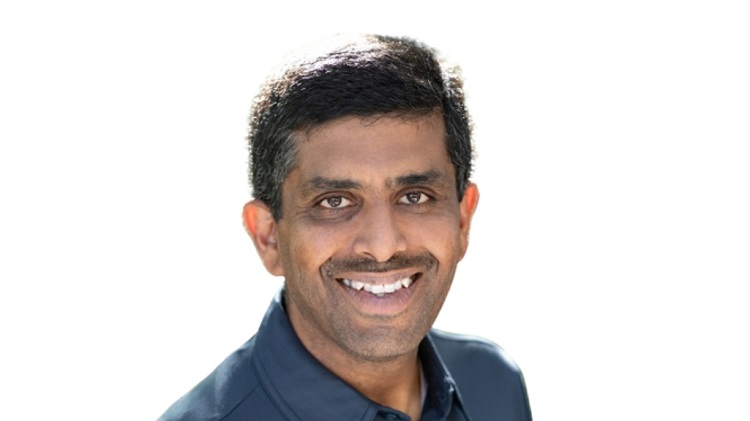
“The way you respond to the customer with their angst needs to be perfect. It needs to be more empathetic,” Mr Ramamurthy told Talking Business.
“So (that could entail) even helping our agent take some basic sentences and rephrasing them in a more benevolent fashion.”
Another way is for the AI to examine the data to collect insights and make these available for agents and administrators.
“If I am a customer support person and I am interacting with somebody, after that conversation I should get something saying: ‘This the quality score for you. You did well on sentiment, you didn’t do so well on crisply answering the question’.
“For us, AI is an enabler for our end users. It’s an enabler for our administrators.”
AI complements customer service
Mr Ramamurthy said AI could assist both agents and customers in situations where the customer is not getting the answers they want and they ask to speak to the manager.
“The agent can use ChatGPT to summarise the conversation in five or six bullets so that the supervisor sees the context and within a few minutes, knows what it’s about so they will respond better to the customer,” he said.
Mr Ramamurthy said AI could also help companies deal with email marketing and ‘FAQs’ in response to questions from customers. This would be absolutely crucial for marketing departments.
“It will make the agents be more productive, it will be able to help the employees get all the services that they need in their channels of choice, whether it’s Slack or Teams,” he said.
“It will make interactions with software more intuitive and therefore it makes everyone more productive all around,” Mr Ramamurthy said.
“The whole process gets better because AI brings the right insights, it guides the agents for what their next best action is and it helps them interact with information that can be brought to bear in a more productive fashion.
“We are going to move to conversations, not clicks,” Mr Ramamurthy said
“AI is going to make it more conversational, and more importantly, AI will tell you these are your top three problems.”
Hear the complete interview and catch up with other topical business news on Leon Gettler’s Talking Business podcast, released every Friday at www.acast.com/talkingbusiness
ends


